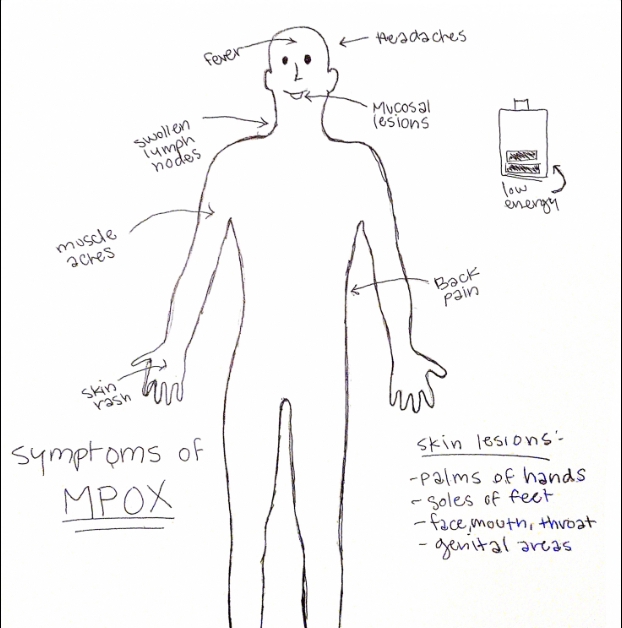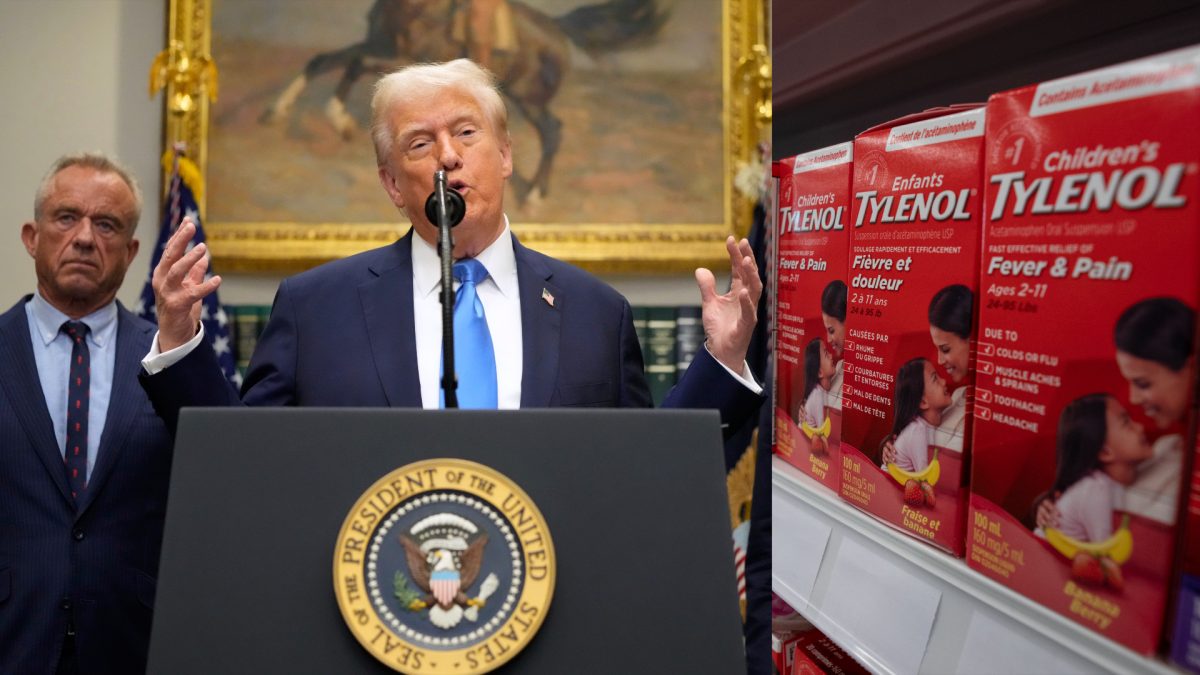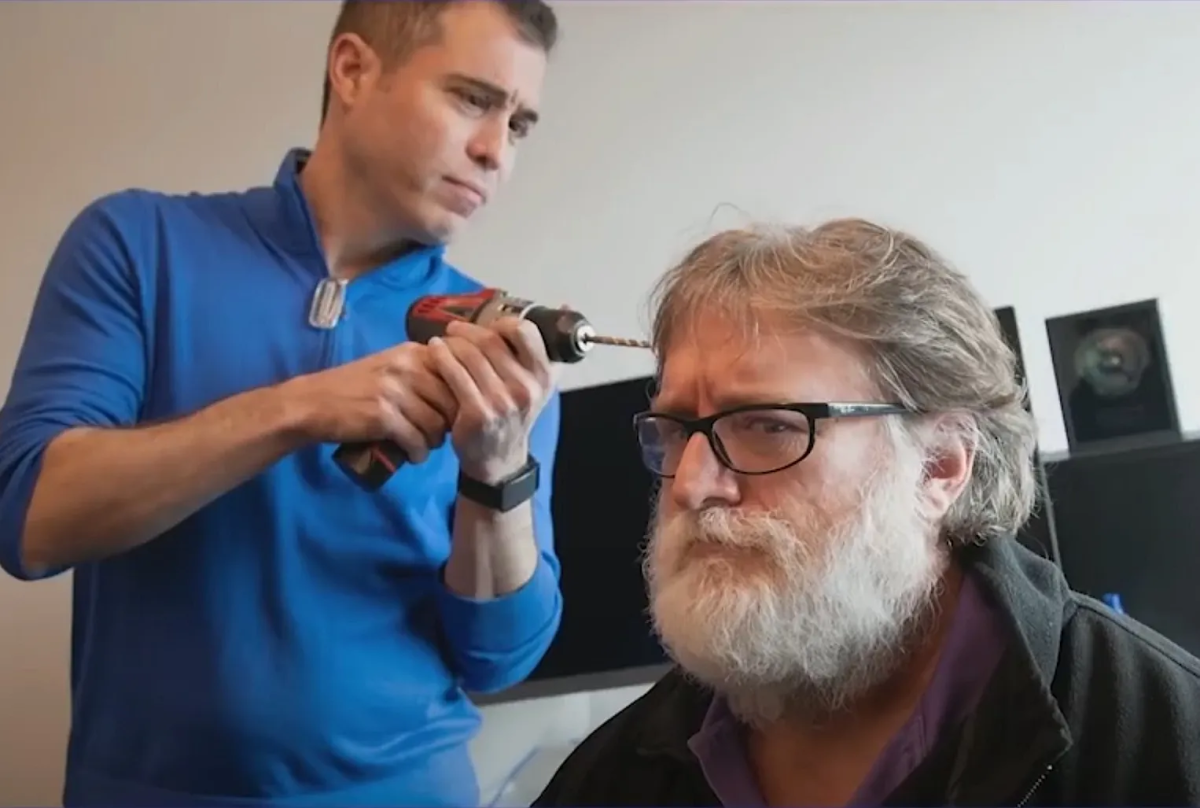As of August 14, the World Health Organisation (WHO) has officially deemed MPOX as an international health concern.
MPOX, or previously known as Monkeypox, was originally discovered in 1958 when a colony of monkeys in Denmark, being kept under surveillance for research purposes, broke out in a pox. In 1970, it was discovered among humans in the Democratic Republic of Congo. While there are vaccines and other forms of treatment, monkeypox still poses a threat to our society today.
Monkeypox had an outbreak in the Democratic Republic of Congo, Europe, and the Americas in 2022 and has steadily continued to spread to this day. California especially, has been affected due to the recent outbreak in San Francisco, where schools have started to threaten another lockdown.
This poses the question: Will the MPOX outbreak be another COVID-19?
Several students from El Rancho High School weighed in their opinions on the subject, giving true insight to the fears of the youth.
Junior, Samantha Gonzalez, thinks that the whole situation is just another overreaction. “I think we’re making a really big situation out of a small thing as of right now, because we’re going to start freaking out about it, kinda like how we did with covid. I think we shouldn’t freak out about it, like, let the professionals handle it.”
Another student, who preferred to be unnamed, is terrified at even the thought of another lockdown. “No! We’re not shutting down, we’re not going back. ”
Junior, Stephon Costello, a student on the Medical Pathway at El Rancho, has a more professional opinion on the situation at hand. “Right now, we have been comparing MPOX to the COVID-19 strain, and although they are by no means completely alike, they show patterns that can help us determine the next steps to prevention and treatment…For now, the best thing we can do is make sure we are up to date with our immunization records (smallpox vaccine), and refrain from lengthy and close contact with others.”
Whether you think that MPOX is a big deal or not, it is still a real disease, with real consequences. To prevent you or your loved ones from contracting this contagion, follow these guidelines:
MPOX can spread through close contact with someone who has MPOX. This includes, skin-to-skin(ex: touching), mouth-to-mouth, mouth-to-skin(ex: kissing), or face-to-face(ex: breathing close to each other)
People can also get MPOX from contaminated objects, such as clothes, needles, or in community settings. The virus can also be passed through animals to humans, including bites or scratches, consumption of animals, or animal-related activities such as hunting, cooking, or skinning animals.
If you show any symptoms of MPOX, isolate and take precautions so you don’t expose yourself to others. Even though it can be difficult to differentiate MPOX from other illnesses, it’s better to be safe than sorry.









